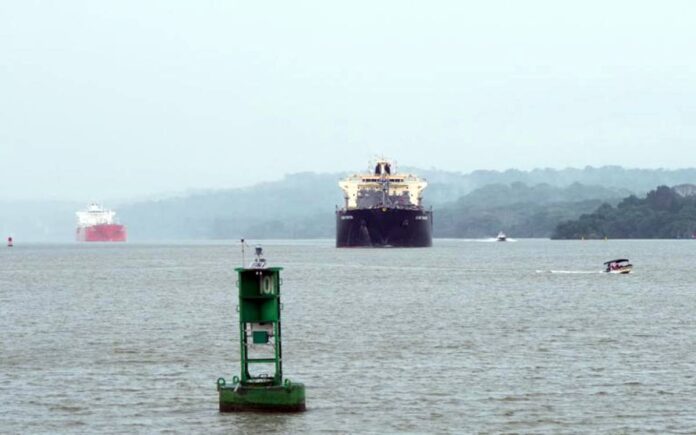Panama City: Panama’s Maritime Authority has removed more than 650 vessels from its flag registry since 2019 as part of a broader effort to enforce international sanctions and strengthen regulatory oversight. The move, detailed in a statement released Monday, underscores the country’s growing alignment with U.S. and global initiatives targeting vessels engaged in illicit activities.
Among the delisted vessels, 214 were removed in the past year alone after Panama introduced faster procedures to support enforcement actions, especially related to U.S. sanctions. The Panamanian registry is one of the largest in the world, with over 8,500 active ships.
Once a vessel is removed from the registry, it is no longer permitted to sail under Panama’s flag, cutting off access to key international shipping routes and legal protections.
The announcement follows recent criticism from the non-governmental organization United Against Nuclear Iran (UANI), which accused Panama of failing to clamp down on vessels involved in Iran’s oil trade. UANI urged Panama to “immediately cease facilitating Iran’s illicit oil trade” and to revoke its flag from all tankers carrying Iranian crude.
According to UANI, nearly 20% of ships suspected of transporting Iranian oil operate under Panama’s flag. “This is not just a failure of Panama’s registry. It’s a direct threat to global sanctions compliance and regional and U.S. security,” the organization stated.
Also Read | Neuralink Secures $650 Million to Expand Brain Implant Trials Worldwide
In response, Panama emphasized its commitment to transparency and international cooperation. Since 2019, the country has partnered with other major flag states such as Liberia and the Marshall Islands to exchange information about vessels whose registration was revoked or denied due to suspected sanction violations. It has also cracked down on ships that turn off their transponders to evade detection.
In May, the Maritime Authority announced tighter controls on ship-to-ship transfers involving Panama-flagged vessels, responding to a surge in the use of so-called “dark fleet” tankers—ships operating covertly to bypass sanctions or avoid environmental rules.
Also Read | Gaza Humanitarian Aid Site Attack Kills Three, Dozens Injured, Medics Report
The United States has ramped up pressure on countries with large shipping registries to take a more proactive role in enforcing sanctions. Former U.S. President Donald Trump criticized Panama for the rise of clandestine oil tankers and even threatened to assert control over the Panama Canal if corrective action wasn’t taken.
In its latest statement, Panama reiterated its cooperation with the United States in monitoring and regulating its shipping registry, signaling an ongoing commitment to international security standards and maritime law compliance.



